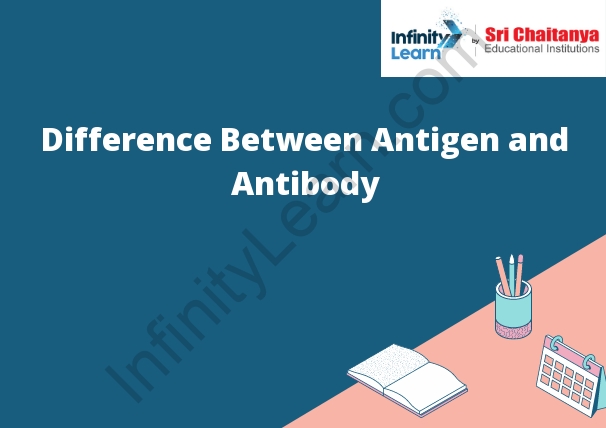Table of Contents
What are antigens?
An antigen is a molecule that can bind to an antibody and initiate an immune response. Antigens are usually proteins or polysaccharides, and also found on the surface of cells, viruses, or bacteria. They can also be produced in the laboratory.
| S.NO | CONTENT |
| 1. | INTRODUCTION |
| 2. | PROPERTIES OF ANTIGENS |
| 3. | TYPES OF ANTIGENS |
| 4. | WHAT ARE ANTIBODIES |
| 5. | ANTIBODY STRUCTURE |
| 6. | DIFFERENCE BETWEEN ANTIGEN AND Also ANTIBODY |

Properties of Antigens
An antigen is a molecule that specifically binds to an antibody. Antigens are usually proteins or polysaccharides, and also the antibody that binds to them is called an immunoglobulin. The antigen-antibody interaction is the basis for many of the body’s immune responses.
Types of Antigens
There are many different types of antigens, but they can generally be classified into two categories:
- Innate antigens: These antigens are present on the surface of all cells in the body and but are not specific to any particular organ or tissue. Therefore they involved in the body’s natural defences against infection and disease.
- Adaptive antigens: These antigens are specific to particular organs or tissues and therefore are not present on all cells in the body. Therefore they involved in the body’s response to infection or disease.
What are Antibodies?
Antibodies are proteins that produced by the body’s immune system in response to a foreign substance, such as a virus or bacteria. Antibodies attach to the foreign substance and also help destroy it.
Antibody Structure
An antibody a protein molecule also produced by the body’s immune system in response to a foreign substance, called an antigen. Antibodies also produced by white blood cells called B cells. Each antibody molecule composed of two identical heavy chains and also two identical light chains. Therefore the heavy chains are attached to a central region called the Fc region. The light chains are attached to the Fab region. Therefore the Fab region is responsible for the antibody’s ability to bind to an antigen.
Difference Between Antigen and Antibody
Antigen is a molecule that can provoke an immune response in the body, specifically the production of antibodies. Antibodies are proteins produced by the body’s immune system in response to an antigen. However they attach to the antigen, neutralizing it and preventing it from causing harm.
for more such info visit Major Histocompatibility Complex – Function, Proteins and Antigens









